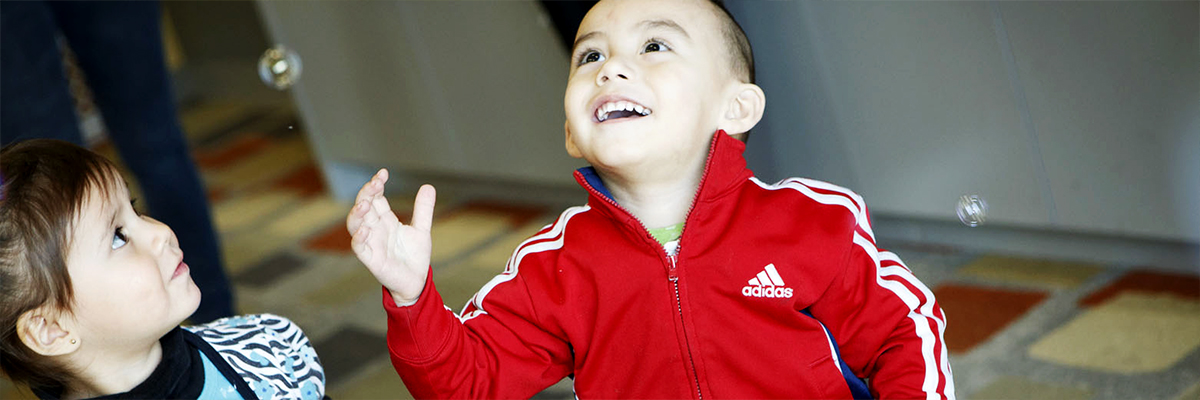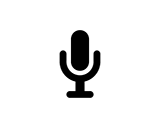Child Learning and Development BS
The child learning and development major is a science-based curriculum emphasizing theories, methods and findings in child development

Child development practitioners and researchers foster the intellectual and emotional development of children and adolescents by focusing on typical and atypical development. Students can prepare for jobs in this field by attaining a bachelor’s degree in child learning and development. The child learning and development major is a rigorous science-based curriculum emphasizing theories, research methods, findings and best practices in child development. There are opportunities for supervised and independent research, as well as field placements that involve working with children, families, schools and social services.
Degree Program
The Bachelor of Science in Child Learning and Development degree requires 120 credit hours. The minor requires 18 credit hours.
The UT Dallas undergraduate catalog provides an overview of the child learning and development program, lists the major and minor requirements, and explains the fast-track program which enables undergraduate students to take up to 12 hours of graduate courses that will count toward both UT Dallas bachelor and graduate degrees. The University’s course look-up site will help you find specific classes and times to fit your degree plan and schedule. The CourseBook site includes links to syllabi, class evaluations, and textbooks for all of UT Dallas courses.
Advising
Visit with an academic advisor in the School of Behavioral and Brain Sciences to create a degree plan. Freshmen must talk with an advisor before registering. All other students should consult an advisor before registering each semester.
To learn more about the BBS advising and mentoring program, visit our advising website.
Career Preparation
The child learning and development major prepares students for a wide range of careers in education, psychology, social work, family medicine, public health, family law and public policy.
The major is especially well suited for students seeking elementary teacher certification. Students will develop a strong foundation in child development and accumulate teaching skills by combining a degree in child learning and development with an elementary teacher certification.
The university’s Career Center is an important resource for students pursuing their careers. Licensed counselors are available to provide strategies for mastering job interviews, writing professional cover letters and resumes, or helping students connect with campus recruiters, among other services.
In addition, upper-level students also may be interested in participating in a BBS internship class.
UT Dallas also offers a teaching certificate for undergraduates.
Research Portal
Undergraduate students are encouraged to participate in research laboratories, especially if they are interested in graduate school. Apply to participate in labs using the research portal.
Undergraduate Scholarship Opportunities
The School of Behavioral and Brain Sciences offers two scholarships for students who are full-time or part-time undergraduate students pursuing degrees in BBS. Applicants must be U.S. citizens or permanent residents with a FAFSA on file with the UTD Financial Aid Office. Please read the full criteria and requirements for more information.
The $3,000 Helen Small Scholarship and $1,000 Diane Milot Tucker Scholarship will be awarded annually.
Honors Program
Majors in the School of Behavioral and Brain Sciences who have junior or senior standing and have completed at least 12 credit hours with a GPA of 3.5 or higher may apply to earn BBS school honors.
Incoming freshmen with high standardized test scores and a high school GPA of 3.6 or higher should consider applying to Collegium V, a university-wide honors program.
Program Contacts
Program Head
Meridith Grant, PhD
mgrant@utdallas.edu
Academic Advising
Contact a BBS advisor for more information on this program.
Program Mailing Address
Child Learning and Development Program
School of Behavioral and Brain Science
The University of Texas at Dallas
800 W. Campbell Rd, GR41
Richardson, TX 75080
Program Resources
Child Learning and Development BS Fast Facts
This document provides a quick, printable overview of the program.
Child Learning and Development Career Paths (MS Word file)
This document provides information about potential career resources.
Create Your Own Guide to UT Dallas
This site allows potential students an opportunity to learn about what matters most to them.
Organizations
American Psychological Association
Psychology Coalition
The Society for Research in Child Development






